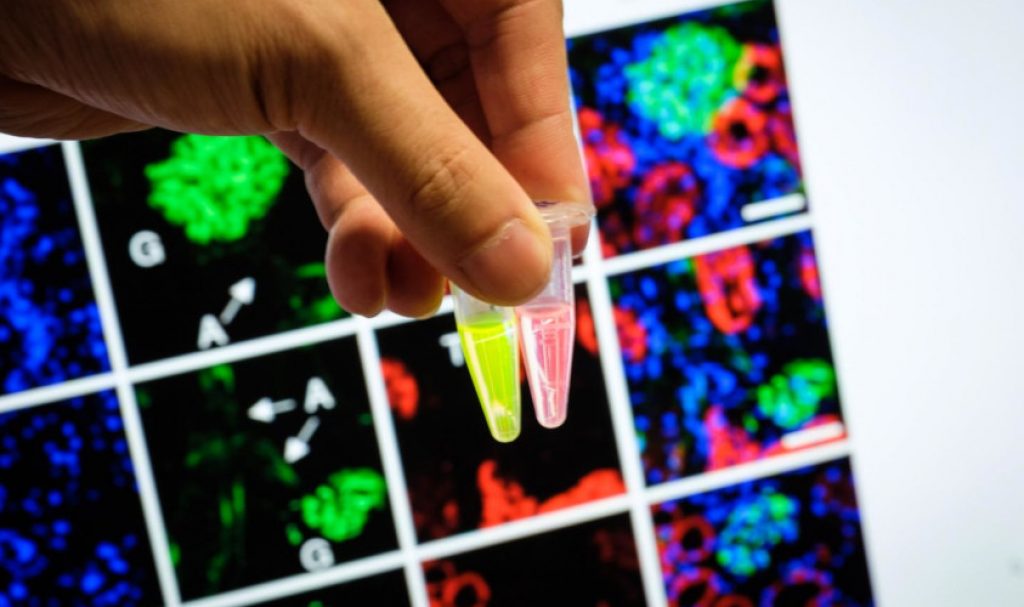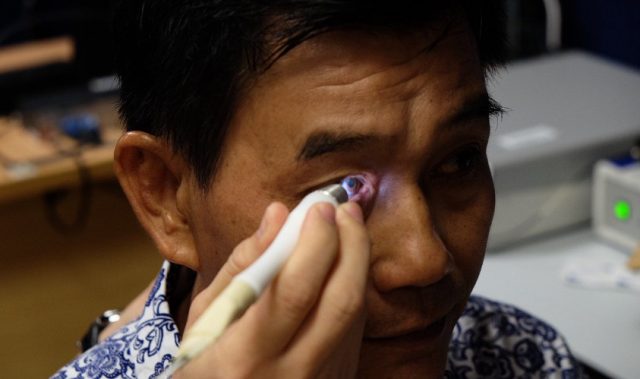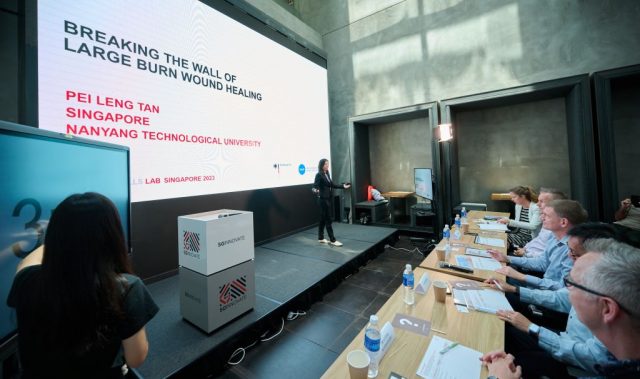
AsianScientist (Aug. 16, 2019) – Scientists from Nanyang Technological University, Singapore (NTU) have developed a type of imaging probe that allows for earlier detection of acute kidney failure, a rapidly-developing condition that can be fatal. Their findings are published in Nature Materials.
Acute kidney failure usually occurs in a few hours or days, and is most common among patients who are critically ill and need intensive care. Current diagnostic platforms are unable to detect early stage, pre-morbid changes that underlie acute renal failure.
Recognizing the need for better ways to detect the onset of kidney failure, researchers led by Associate Professor Pu Kanyi invented molecular renal probes that react with by-products appearing early on during disease progression. The team first identified reactive oxygen species (ROS) as early-stage biomarkers for kidney injury—an imbalance of ROS in the body leads to cellular damage that can trigger pathways for cell death in the kidney.
The team then created probes made up of three components: a part that reacts with ROS, a part that lights up as a result of the reaction, and a part that ensures that the probe passes through the kidneys instead of accumulating in the liver. The probes were subsequently injected into mice after they were given cisplatin, a cancer drug, at a level destructive to the kidneys.
Twelve hours after cisplatin was injected, the probe lit up, signaling the detection of a change in the biomarkers linked to acute kidney injury. This was consistent with the renal tubular damage that was measured in the mice three days after cisplatin was administered.
The researchers also found that the probe had high renal clearance—more than 97 percent of the probes injected into mice flowed through the kidneys and were excreted as part of urine. This suggested that the probes could be used directly on urine samples, said Pu, opening up the possibility of developing these probes as test strips for non-invasive assessment of acute kidney failure.
“In our next phase of research, we need to focus on further refining the probes with urine samples from critically ill patients. We plan to do this by collaborating with medical institutions both in Singapore and overseas,” said Pu.
The team has filed a Singapore patent on this technology.
The article can be found at: Huang et al. (2019) Molecular Optical Imaging Probes for Early Diagnosis of Drug-induced Acute Kidney Injury.
———
Source: Nanyang Technological University.
Disclaimer: This article does not necessarily reflect the views of AsianScientist or its staff.












